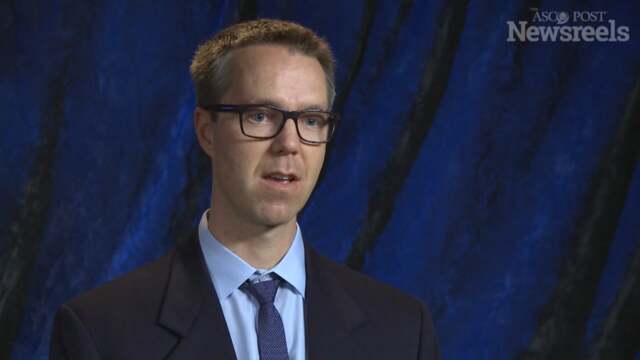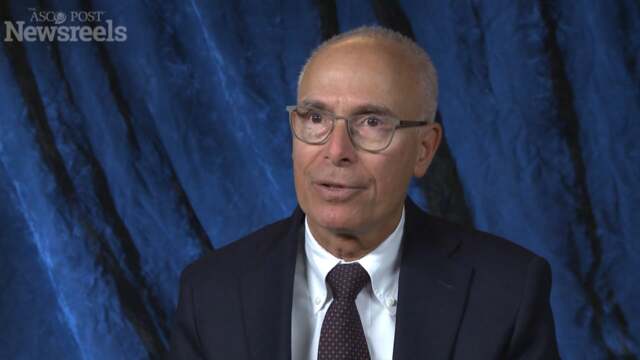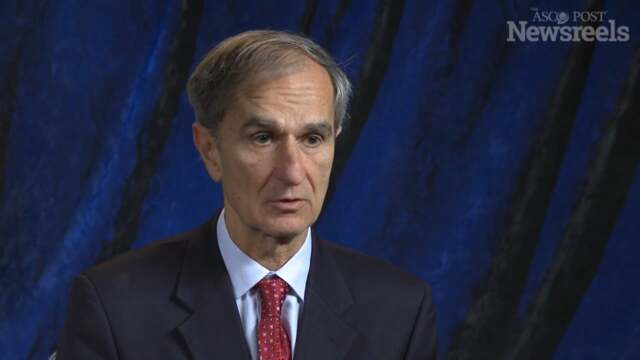Eileen Danaher Hacker, PhD, APN, AOCN: After Stem Cell Transplant: Enhancing Recovery With Strength Training
2016 Palliative Care in Oncology Symposium
Eileen Danaher Hacker, PhD, APN, AOCN, of the University of Illinois at Chicago, discusses study findings that show improvement in physical activity, fatigue, muscle strength, and functional ability (Abstract 190).
Eric Roeland, MD, of the University of California, San Diego, discusses the key papers presented at this year’s Palliative Care in Oncology Symposium.
Randy L. Wei, MD, PhD, of the University of California, Irvine, discusses findings from a survey that focused on ASTRO members who assessed their ability to deliver palliative and supportive care, and their access to continuing medical education on the topic (Abstract 105).
Stephen T. Sonis, DMD, DMSc, of Dana-Farber Cancer Institute, discusses the epidemiology, pathogenesis, and scope of oral complications of radiation therapy.
Eduardo Bruera, MD, of The University of Texas MD Anderson Cancer Center, discusses the need for outpatient palliative care programs to monitor and support these complex patients and their family members.
James F. Cleary, MD, of the University of Wisconsin Carbone Cancer Center, talks about the many reasons that 80% of the world’s population lacks access to opioids, the mainstay of cancer pain management.





